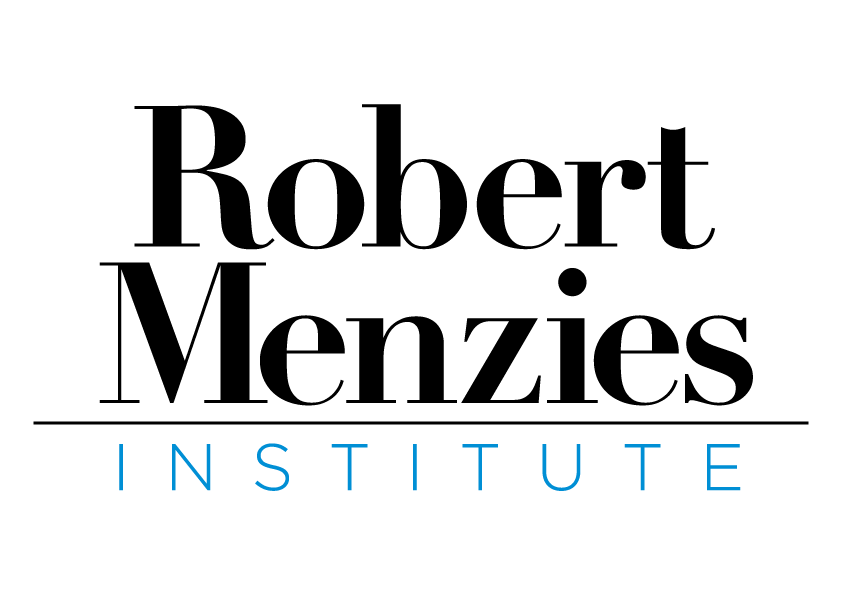Tim Costello: ‘You are Blessed to be a Blessing’ Menzies’s Sense of Duty to Australia’s Neighbours
During the Menzies era Australian foreign aid spending achieved its highest ever average as a percentage of our GDP. This was driven by the famous Columbo Plan and the geopolitical realities of the Cold War, but it was also informed by Menzies’s deep sense of Christian duty to ‘love thy neighbour’. During the 1959 World Refugee Year, Menzies was able to boast that Australia had taken in more refugees per head of population than any other country in the world, a fact of which he was tremendously proud. In both respects, Australians had opened their hearts and their wallets to the rest of the world.
Unfortunately, the sense of generosity and charity that marked the Menzies era has since waned. Modern governments have cut aid spending and our response to the recent refugee crisis coming out of Afghanistan was modest. Australia is now less inclined to share its prosperity with the rest of the world, and the question that must be asked is why? What has changed as far as Australia’s values and political leadership are concerned to bring about this outcome? What was different in the Menzies era and what lessons can we draw from it?
Joining us to discuss these questions is the Reverend Tim Costello AO. Tim is one of Australia’s most respected community leaders and a sought after voice on social justice issues, leadership and ethics. For 13 years until October 2016, Tim was Chief Executive of World Vision Australia. Tim now holds a number of important roles in a variety advocacy groups, including as the Chair of the Community Council for Australia, the Executive Director of Micah Australia, the Director of Ethical Voice, Senior Advisor for the Centre for Public Christianity, and Chief Advocate of the Thriving Communities Partnership. In 2006 Tim was named Victoria’s Australian of the Year, in June 2005 was made an Officer of the Order of Australia (AO); in 2004, was named Victorian of the Year; and in 1997 was named as one of Australia’s 100 National Living Treasures.


